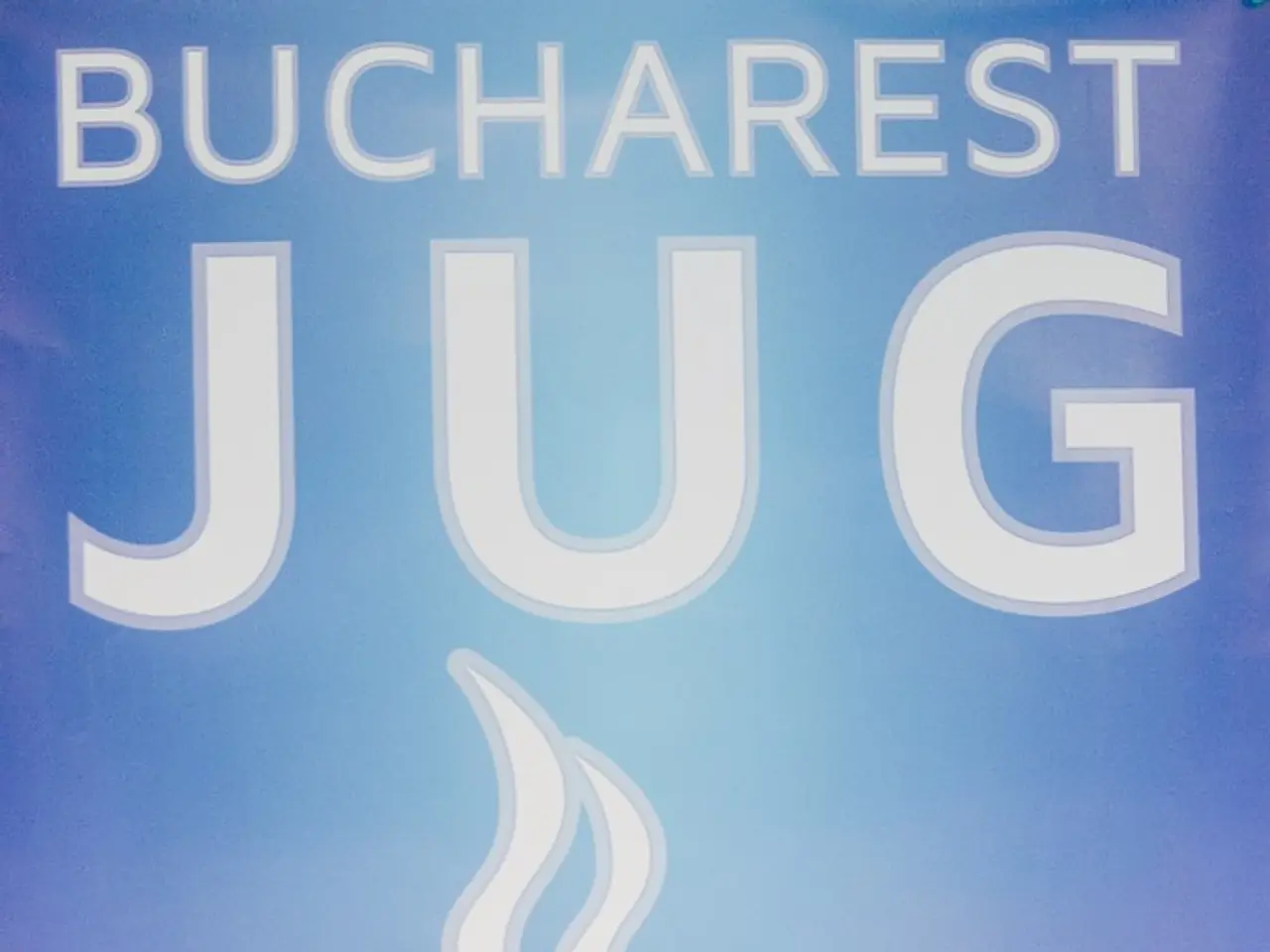International Criticism: France Slams Barrier Erected by Few Nations Regarding the UN Plastic Treaty - Criticism from France over obstruction by a few nations in relation to the plastic agreement
The UN-Plastic Agreement negotiations, aimed at addressing the global issue of plastic pollution, are currently facing resistance from several key countries, including the Gulf states, Russia, and the USA. These nations, along with other oil- and gas-producing countries, have been blocking agreements on stricter production caps and pushing for a focus on waste management, recycling, and improving existing plastic design.
The latest round of negotiations at the INC-5.2 conference in Geneva, Switzerland, concluded without a consensus on crucial aspects of the treaty. Over 184 countries participated, but divisions emerged between ambitious countries seeking stronger regulations and countries like the USA, Russia, and the Gulf states who opposed these stricter terms.
French Minister Agnes Pannier-Runacher criticized this partial blocking of progress, condemning the focus on waste management and recycling efforts as insufficient. She expressed frustration with the oil and gas producers' prevention of more ambitious measures to reduce plastic pollution comprehensively.
The current position of Russia, the USA, and the Gulf states in the UN Global Plastics Treaty negotiations reflects significant resistance to stricter, enforceable rules aimed at reducing plastic pollution.
France and the EU are part of a coalition pushing for stricter rules to avoid plastic waste. The coalition is addressing the issue of financing in the negotiations and is calling for an agreement that mentions the principle of reduction and environmentally friendly design of plastic production.
The negotiations for the UN-Plastic Agreement are ongoing, but the adoption of strong, enforceable rules to reduce plastic pollution is currently on hold due to this geopolitical impasse.
In a recent interview, Pannier-Runacher stated that the number of points in the agreement has increased from 300 to 1400. She expressed concern that this increase may indicate a lack of focus or clarity in the negotiations, and that the agreement may not adequately address the problem of plastic pollution.
More than 600 non-governmental organizations are also participating in the meeting, adding their voices to the call for action on plastic pollution.
As the negotiations continue, it remains to be seen whether a consensus can be reached and whether strong, enforceable rules to reduce plastic pollution will be adopted.
- The UN Global Plastics Treaty negotiations, involving a cooperative effort among nations to tackle the global crisis of plastic pollution, have been impeded by resistance from key countries, such as those in the Gulf, Russia, and the USA, who are advocating for cooperation on waste management, recycling, and improved plastic design rather than stricter production caps.
- Despite the efforts of coalitions, including France and the EU, aiming to enforce stricter rules to combat plastic waste through projects like the reduction and environmentally friendly design of plastic production, the current climate-change policy debate, influenced by science and general news, is facing a political impasse due to the opposition from nations like Russia, the USA, and the Gulf states.
- The environmental-science community, represented by more than 600 non-governmental organizations, remains hopeful that ongoing negotiations for the UN-Plastic Agreement will result in the adoption of strong, cooperative policy solutions to address the critical issue of plastic pollution, but the current stance of political leaders may hinder these efforts.







